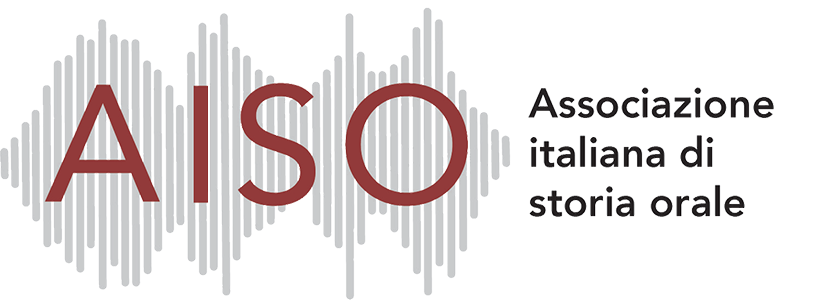Due date for proposals: May 14, 2010
Final Papers due: September 1, 2011
Conference date: November 14-15, 2011, at Harvard University Cambridge, Massachusetts
The Davis Center for Russian and Eurasian Studies at Harvard University,
with the cooperation of the American Councils for International
Education and the Russian Foundation for Humanities, invites submissions
of paper proposals for an international conference on the
Russian-speaking Jewish diaspora that has been formed over the past four
decades.
The emigration of about 1.5 million Jews from the former Soviet Union
(FSU) in several large waves since the mid-1970s-more than three times
as many as those who remain-has affected Jewish life in its successor
states and in the host countries. The post-1989 migration of Jews from
the FSU, for example, constitutes the single largest immigration in the
sixty-two-year history of Israel and the largest group of Jews to come
to the United States and to Germany since the early twentieth century.
This conference will focus on how Russian-speaking Jews in the late
20th-early 21st centuries have affected the cultures, politics, and
economies of Israel, the United States, and Germany, as well as the
“sending” countries of the FSU. Conferees will consider whether
Russian-speaking Jewry constitutes “a global community,” and how this
recent migration challenges the larger concepts of “identity” and
“diaspora” across geographic and national borders.
Suggested Themes
We are interested in papers from a range of disciplinary perspectives
that address the history, evolution, and future of Russian-speaking
Jewish communities, cultures, and identities. We encourage papers that
move beyond the description of particular populations or institutions
and introduce analyses of the problems, paradoxes, contradictions, and
challenges involved in thinking about the Russian-speaking Jews.
The following themes are suggested as guides for the formulation of
topics for paper proposals:
– Globalization, Transnationalism, and Ethno-Cultural Diasporas
in the 21st Century
– Political Behavior, Social Mobility, Commercial Activities, and
Cultural Endeavors
– Definitions of Jewishness
– Cultural Expressions of Russian-Speaking Jews
– Media and Communications
– Future of the Russian-Speaking Jewish Diaspora
For a fuller description of the suggested themes, please see our Web
site at
http://daviscenter.fas.harvard.edu/seminars_conferences/diaspora.
Papers will also be considered on any other themes relevant to the
contemporary Russian-speaking Jewish diaspora. Note that the working
language of the conference is English: all papers must be submitted and
presented in English.
Submitting a Proposal
Junior and senior scholars in the humanities and social sciences, as
well as others working in relevant areas, are eligible to apply,
irrespective of citizenship or country of residence. Proposals should be
submitted via the conference Web site at
http://daviscenter.fas.harvard.edu/seminars_conferences/diaspora.
Submissions must include:
– a completed online application form
– a project abstract of approximately 250 words
– a 2-page curriculum vitae (CV) listing education, publications,
fellowships and awards, and recent work and teaching experience
The deadline for submitting proposals is May 14, 2010. All materials
must be submitted in English. Decisions will be announced by July 1,
2010. Presenters must submit their final conference papers by September
1, 2011. Selected papers will be considered for publication in an edited
volume. The conference will take place on November 14-15, 2011.
Harvard University and cooperating funders will cover presenters’
expenses for travel, lodging, and meals. A modest honorarium will also
be provided (contingent on presenter’s eligibility to receive payment).
Project Organizers
Zvi Gitelman, Professor of Political Science and Preston R. Tisch
Professor of Judaic Studies, University of Michigan
Lisbeth L. Tarlow, Ph.D., Associate Director, Davis Center for Russian
and Eurasian Studies, Harvard University
More Information
For additional information about the conference, please see
http://daviscenter.fas.harvard.edu/seminars_conferences/diaspora or
contact diaspora@fas.harvard.edu <mailto:diaspora@fas.harvard.edu>.


1 commento
I commenti sono chiusi.